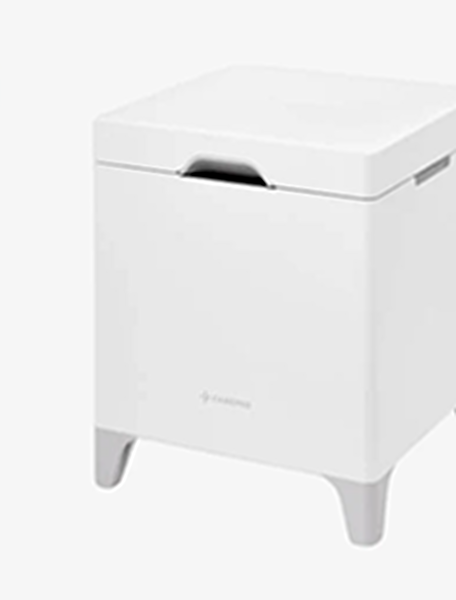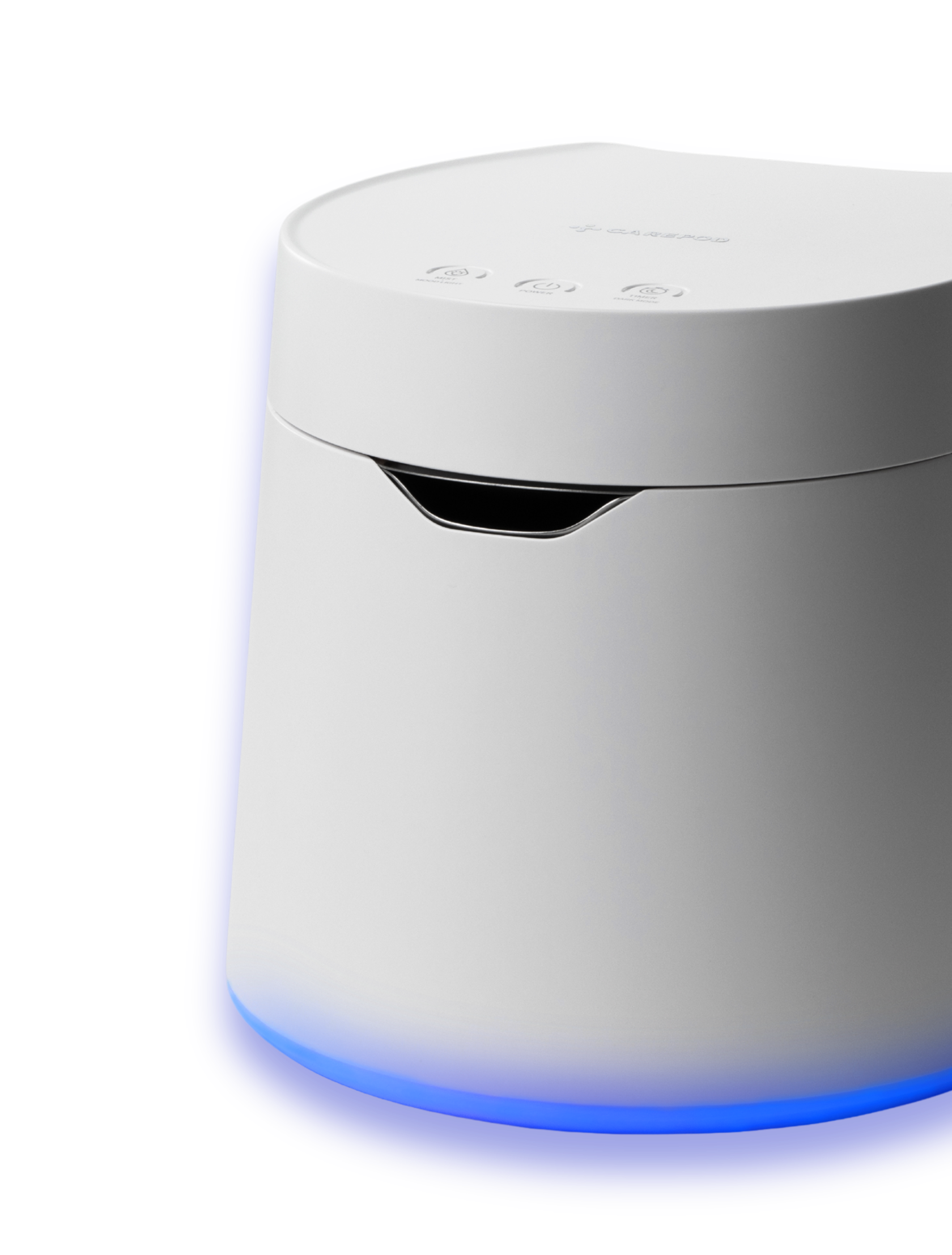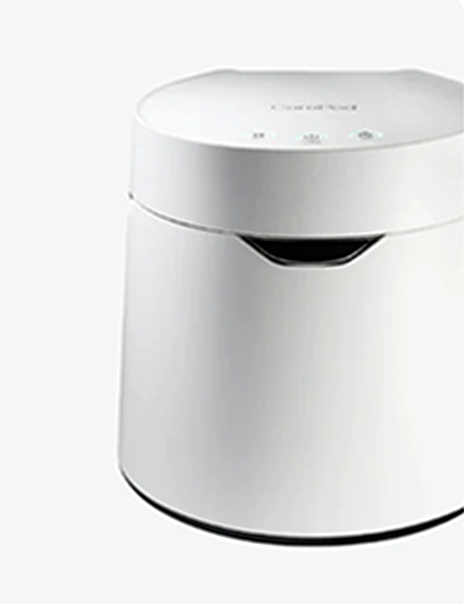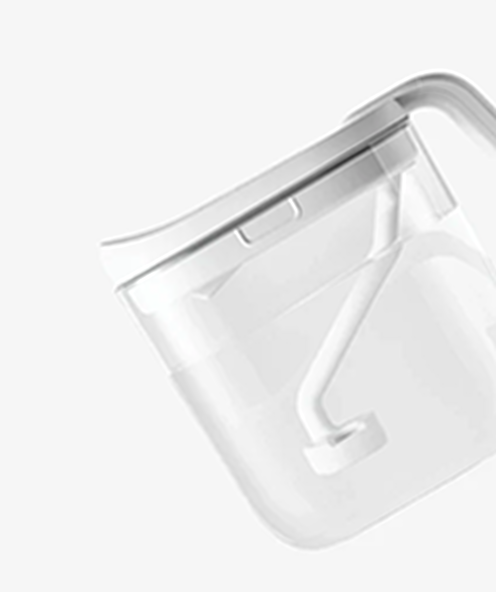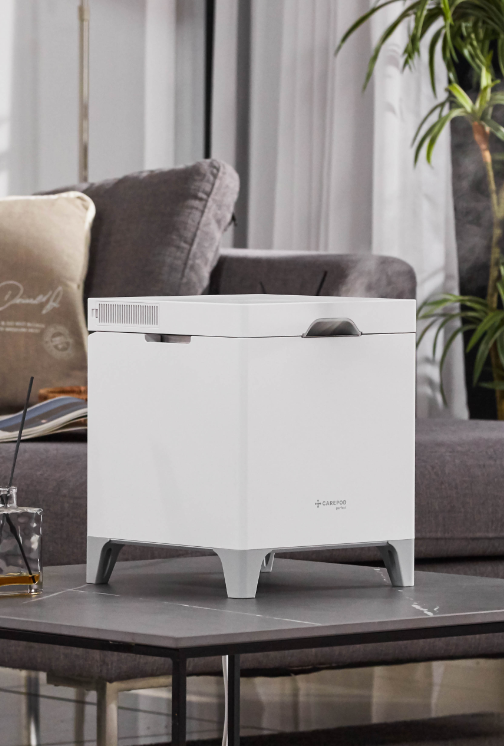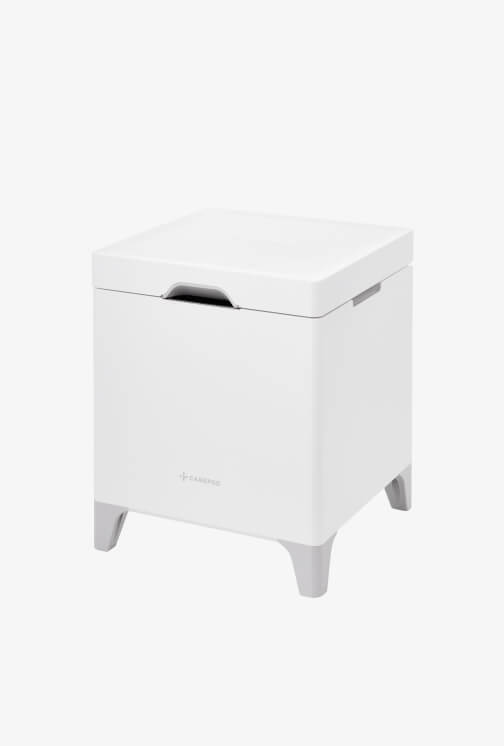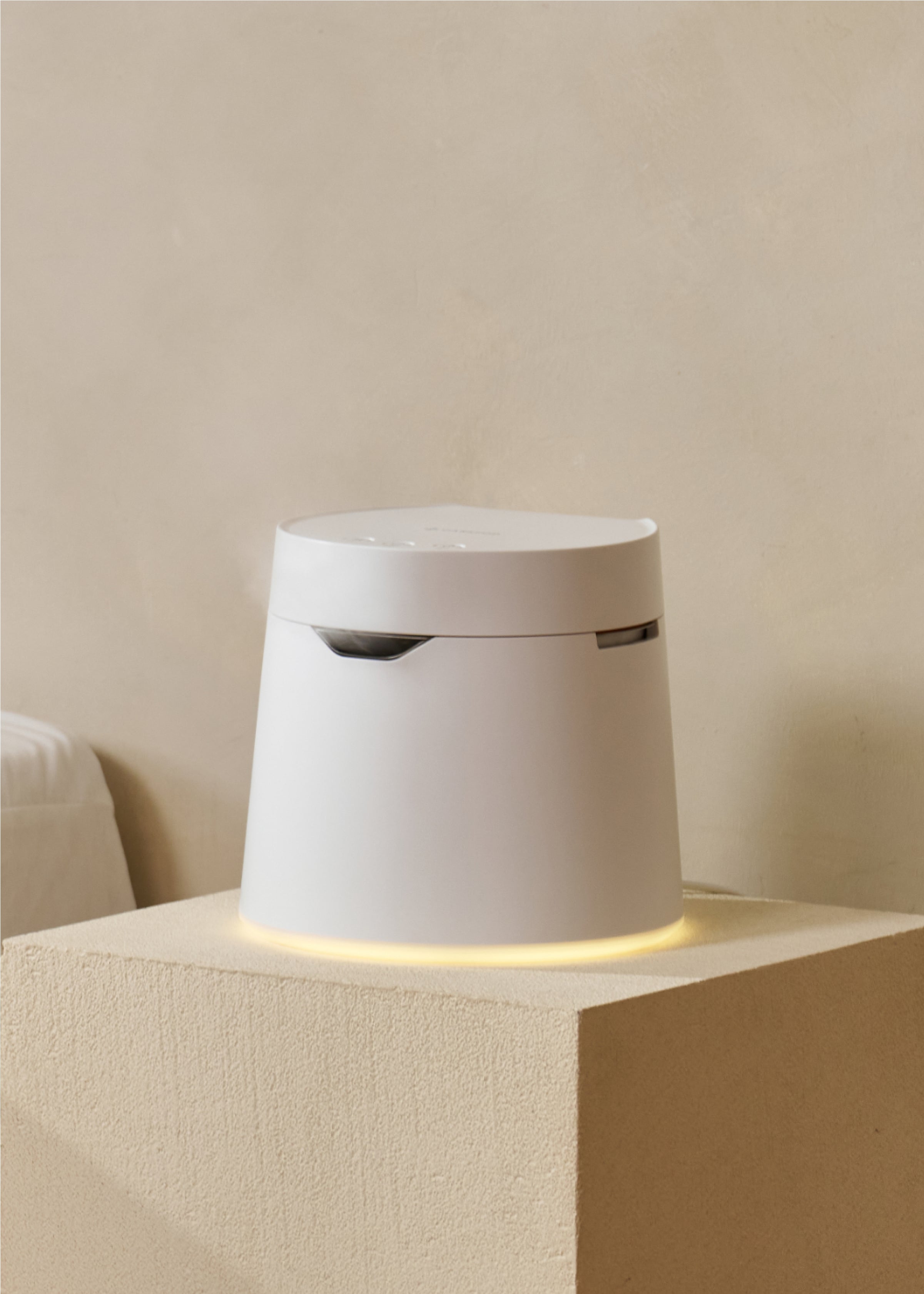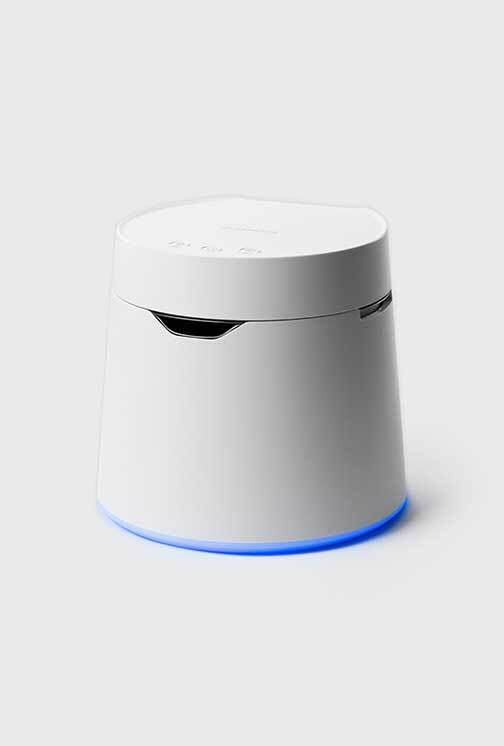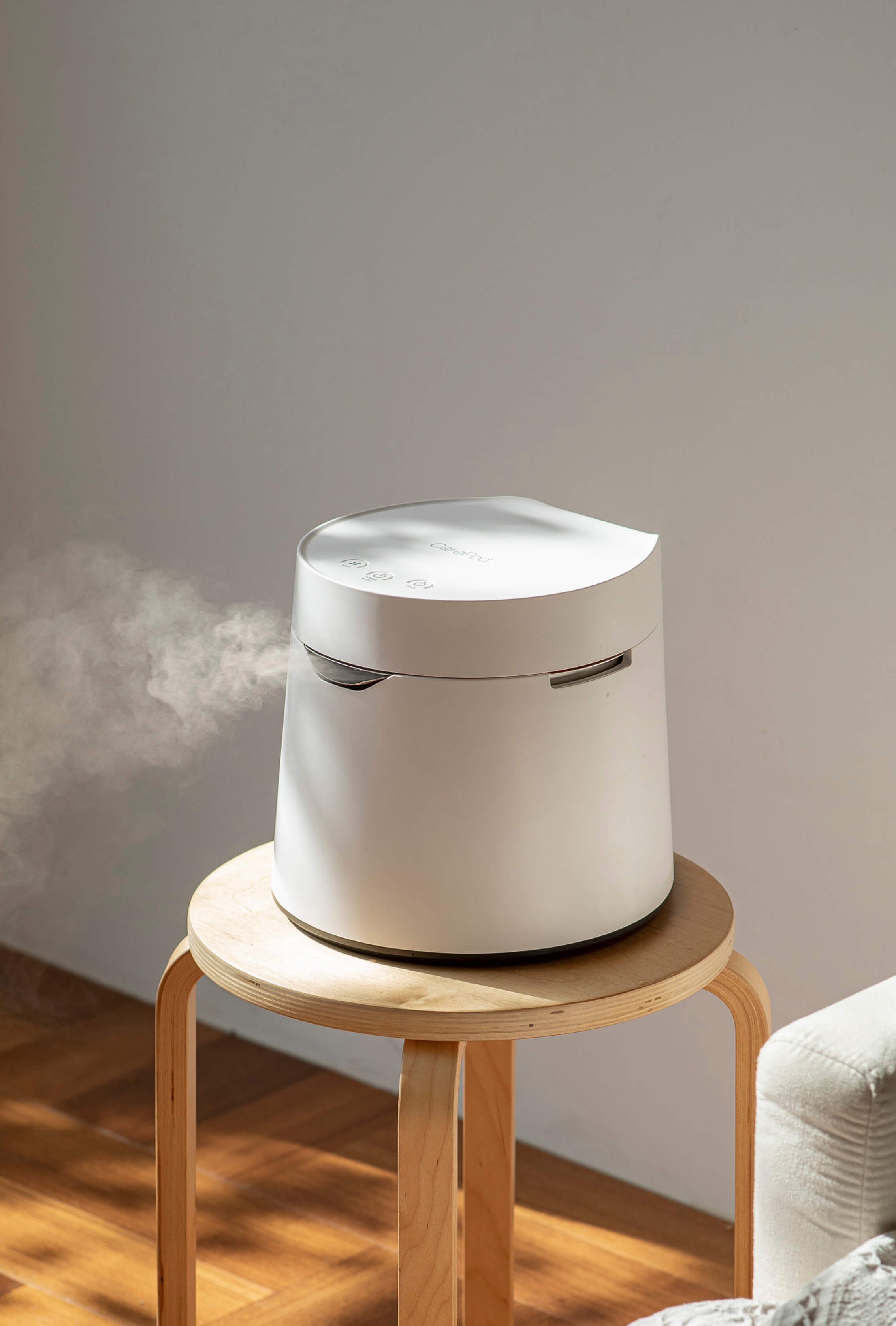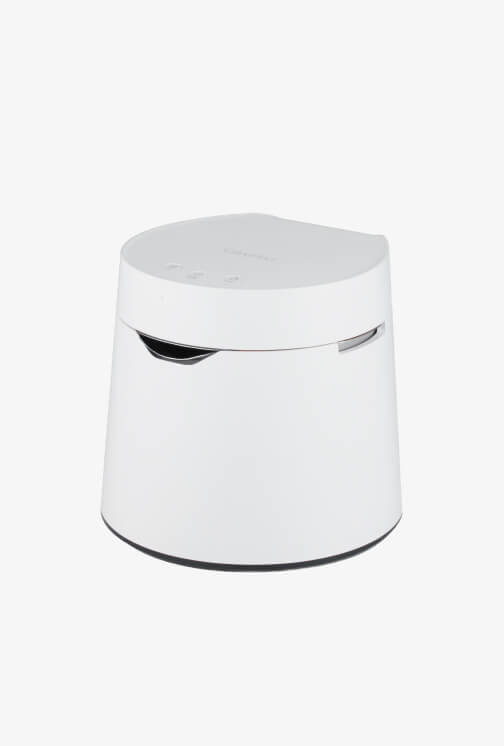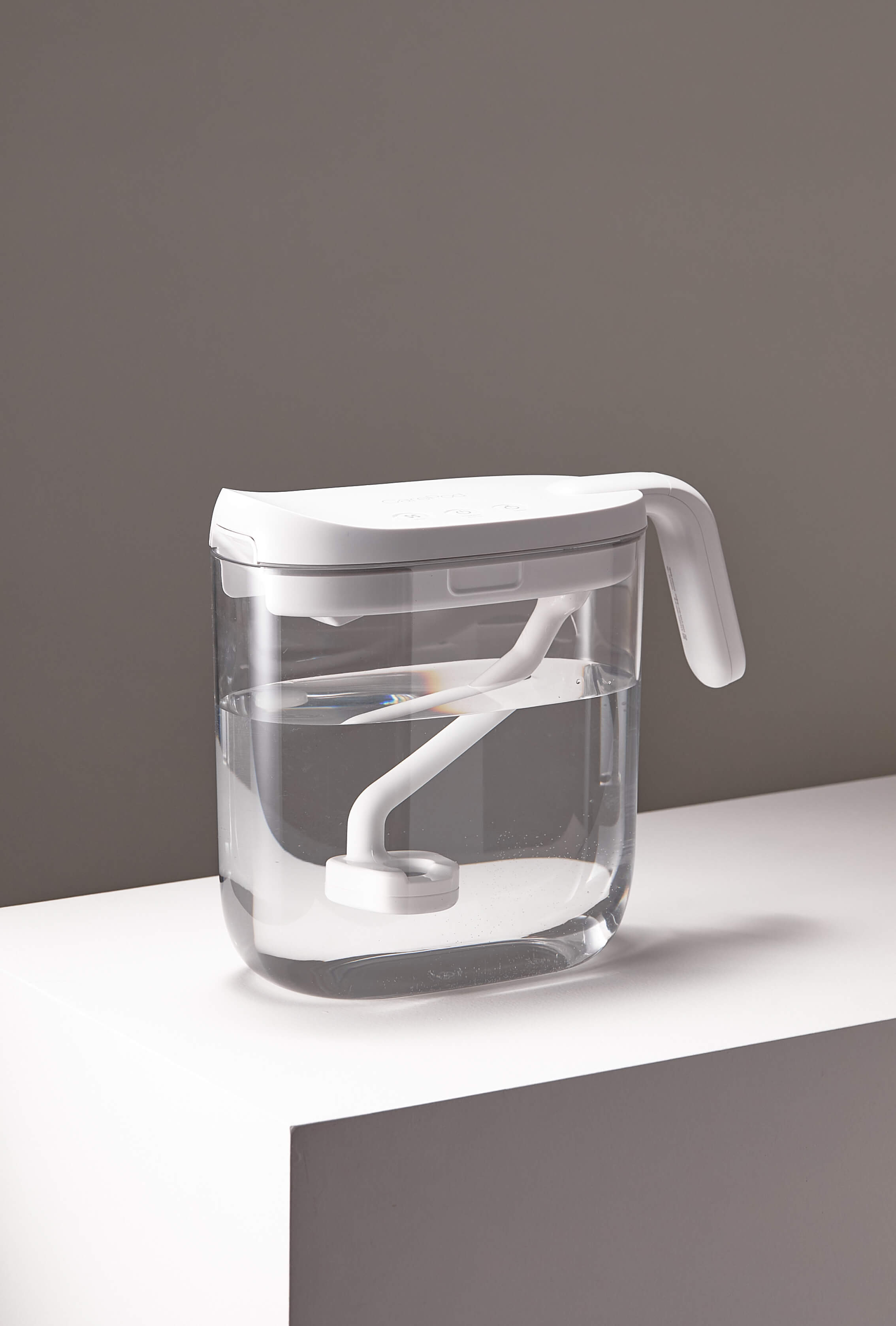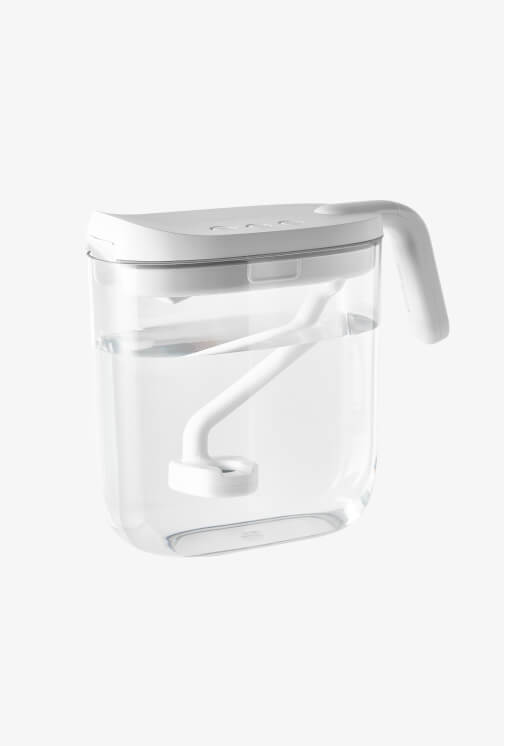Do Humidifiers Help with Snoring?

Snoring isn’t just a nighttime annoyance.
It can also be a signal of underlying health issues, disrupted sleep, and strained relationships. If you or someone you love struggles with snoring, you’ve likely explored a range of remedies, from nasal strips to mouthguards.
But there’s one simple household addition that’s often overlooked: the humble humidifier.
Could something as basic as adding moisture to the air really make a difference in reducing snoring? In this article, we’ll break down what causes snoring, how humidity levels affect your airways, and whether humidifiers truly offer a solution worth trying.
Understanding the Causes of Snoring
Before diving into how a humidifier might help, let’s look at what causes snoring in the first place.
Snoring occurs when air can’t move freely through your nose and throat during sleep. This restricted airflow causes the surrounding tissues to vibrate, resulting in the familiar snoring sound.
Common causes include:
-
Nasal congestion from allergies, colds, or sinus infections
-
Dry airways, which can lead to throat irritation and inflammation
-
Obstructive sleep apnea, a more serious condition where breathing pauses during sleep
-
Sleeping position, especially on the back
-
Alcohol consumption, which relaxes throat muscles too much
-
Age, as throat muscles become weaker over time
While some causes require medical intervention, others causes, such as congestion and dry air, can potentially be improved with environmental adjustments, including the use of a humidifier.
How Dry Air Affects Snoring
Dry air is often an invisible culprit behind snoring. In dry climates or cooler months, indoor air can become desert-like — especially if you're using a heater or air conditioner overnight.
This lack of moisture can:
-
Dry out nasal passages, making them more prone to inflammation and congestion
-
Irritate the throat, increasing sensitivity and vibration
-
Cause the mouth to dry out, especially if you breathe through your mouth while sleeping
All of this contributes to an increased likelihood of snoring, or louder, more frequent snoring for those already prone.

What Does a Humidifier Do?
A humidifier adds moisture back into the air, helping balance the relative humidity of a room. Most experts recommend keeping indoor humidity between 30% and 50% for optimal comfort and health.
There are several types of humidifiers:
-
Evaporative humidifiers: Use a wick filter and fan to release moisture into the air
-
Ultrasonic humidifiers: Use high-frequency vibrations to produce a cool mist
-
Warm mist (steam) humidifiers: Boil water to create steam
No matter the type, a well-maintained humidifier can be a powerful tool for improving indoor air quality and reducing snoring triggers.
How Humidifiers May Help Reduce Snoring
Let’s explore the specific ways a humidifier may contribute to quieter, more restful nights in the bedroom.
1. Moisturizing Airways
One of the clearest benefits of a humidifier is keeping your nasal and throat tissues well-hydrated. Moist air reduces the dryness and irritation that can lead to inflammation and snoring vibrations.
2. Loosening Congestion
Humidity helps thin out mucus, making it easier for the sinuses and nasal passages to drain properly. This is especially beneficial if your snoring is triggered by allergies or seasonal colds.
3. Supporting Better Mouth Breathing Alternatives
If you’re prone to breathing through your mouth at night, whether due to congestion or habit, you may wake up with a dry mouth and sore throat. A humidifier reduces this dryness and can make nasal breathing more comfortable and accessible.
4. Enhancing Sleep Environment
Many humidifiers offer gentle white noise and soothing mist that can contribute to a calming bedtime routine. This overall relaxation may help you sleep more deeply. It may also help to reduce instances of sleep disruptions like snoring.
When a Humidifier Might Not Help
While humidifiers can be incredibly helpful for snoring caused by dry air or congestion, they’re not a one-size-fits-all cure. It’s important to understand when a humidifier alone may not solve the issue.
-
Structural causes: If your snoring is caused by anatomical issues (like a deviated septum), a humidifier may not make a noticeable difference
-
Obstructive sleep apnea (OSA): This serious condition requires medical treatment and shouldn’t be self-managed with a humidifier alone
-
Excess humidity: If you live in a naturally humid environment or don’t clean your humidifier regularly, added moisture can encourage mold growth, which can actually worsen respiratory issues
That said, when paired with other healthy habits and interventions, a humidifier can be an excellent addition to your toolkit.

Tips for Choosing the Right Humidifier
If you're ready to give it a try, here are some considerations to help you choose the right humidifier:
-
Pick the right size: Match your humidifier’s output to the room size. A bedroom-sized humidifier model is ideal for nighttime snoring relief.
-
Go filter-free if possible: Filters can become breeding grounds for mold and bacteria if not changed regularly. Filter-free models eliminate this worry.
-
Prioritize easy cleaning: Daily or weekly cleaning is essential. Look for stainless steel humidifiers or humidifiers with an intuitive design for hassle-free maintenance.
-
Look for noise levels: Choose a model with quiet or soothing operation if you're a light sleeper.
- Consider sanitization features: Some premium humidifier models include heat sanitization to kill bacteria inside the water tank in-between deep cleanings, helping ensure cleaner mist.
Maintenance: The Key to Long-Term Benefits
A dirty humidifier can actually do more harm than good, by circulating mold, mildew, and bacteria into the air. To keep things safe:
-
Empty and rinse the tank daily
-
Deep clean weekly
-
Avoid using tap water and opt for distilled if needed
-
Let it dry completely between uses to avoid buildup
Maintaining your humidifier ensures you're actually supporting respiratory health — not inadvertently harming it.
Additional Tips for Reducing Snoring
If you’re serious about reducing snoring, consider combining a humidifier with these other strategies:
-
Try nasal strips or a saline rinse before bed
-
Elevate your head while sleeping
-
Sleep on your side instead of your back
-
Invest in allergen-proof bedding to reduce triggers
Each small change contributes to a better night's sleep, both for you and anyone sharing the room.

Final Verdict: Can a Humidifier Help with Snoring?
In many cases, yes.
A humidifier can be a simple, low-risk solution for people whose snoring is linked to dry air, allergies, or congestion. It helps keep airways moist, reduces inflammation, and promotes more comfortable breathing throughout the night.
While it won’t cure all forms of snoring, a humidifier is a gentle and wellness-centered approach that complements other remedies — and can even improve your overall sleep environment in the process.
So if you’re tired of snoring (or hearing it), adding a humidifier to your nighttime routine might be a smart and soothing first step.
